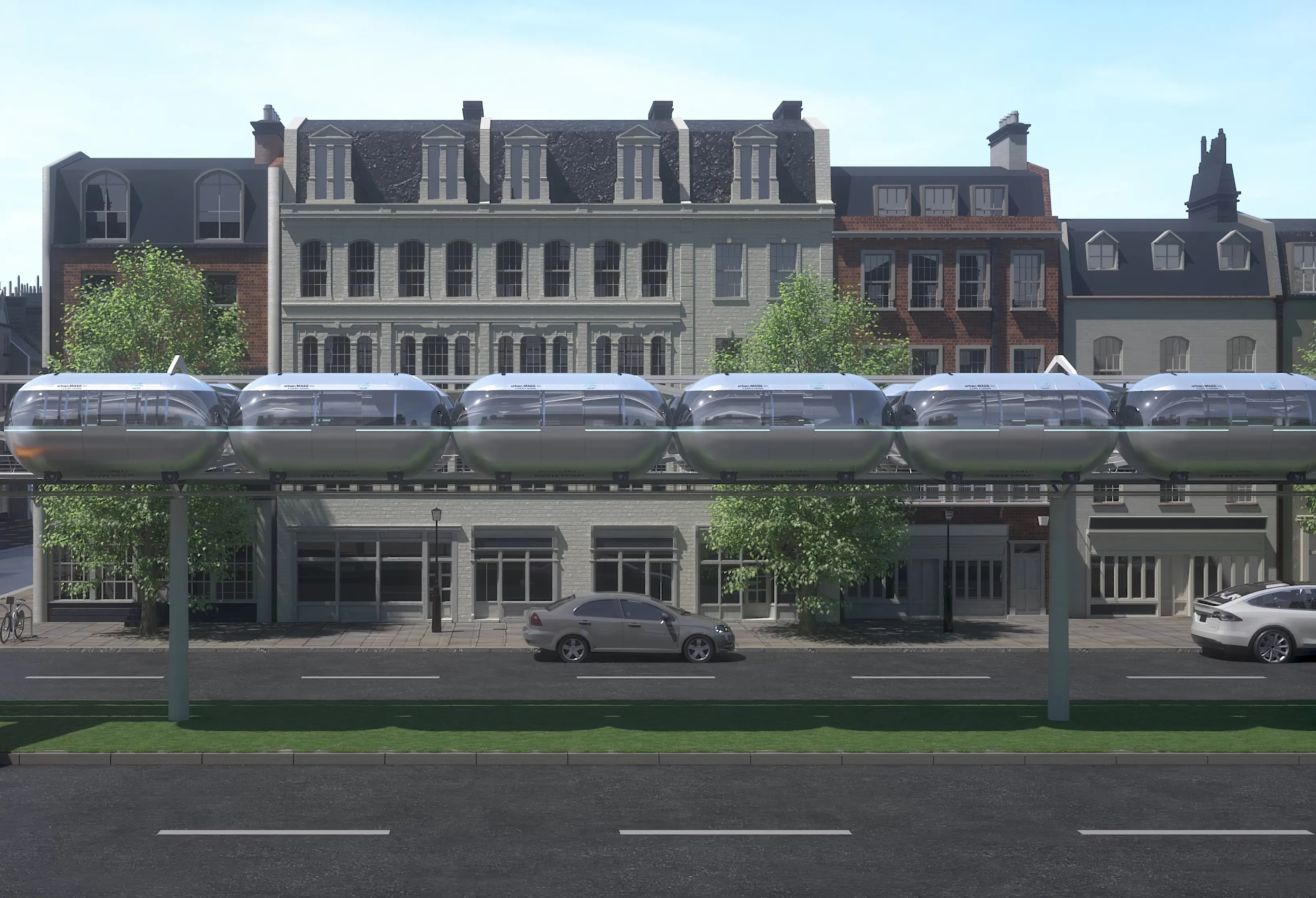South Korea’s IT Convergence Institute of North Gyeongsang Province and UK company Westfield Sportscars have agreed to share technologies and expertise in autonomous cars, ranging from the development of self-driving vehicles and high-precision maps to safety management. The agreement is a follow-up to the partnership to introduce autonomous vehicles signed in November last year. Under the latest agreement, the two sides will share not only technical sectors including self-driving cars and high-precision ma
August 15, 2017
Read time: 1 min
South Korea’s IT Convergence Institute of North Gyeongsang Province and UK company 8309 Westfield Sportscars have agreed to share technologies and expertise in autonomous cars, ranging from the development of self-driving vehicles and high-precision maps to safety management.
The agreement is a follow-up to the partnership to introduce autonomous vehicles signed in November last year. Under the latest agreement, the two sides will share not only technical sectors including self-driving cars and high-precision maps but also systematic know-how like safety management and insurance.
The UK has experience of running autonomous ULTra pods at Heathrow Airport in London with nearly 75 million passengers passing through the terminals a year.
Under the agreement with Westfield Cars, North Gyeongsang Province will introduce and start test running the Korea-UK driverless car in Ulleung Island in March next year for the first time in the domestic industry.










